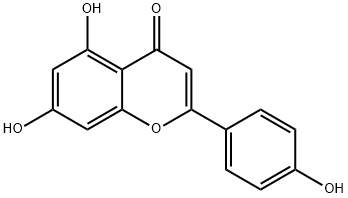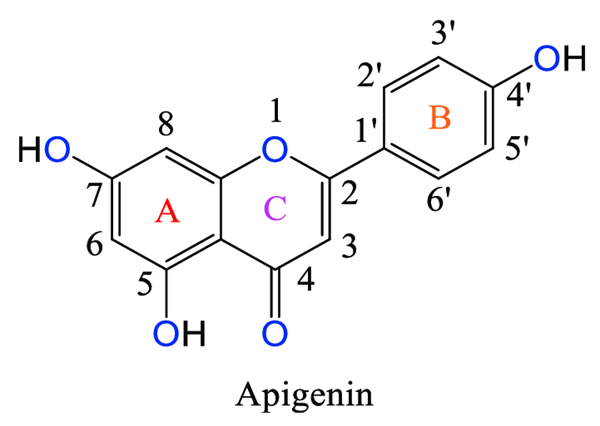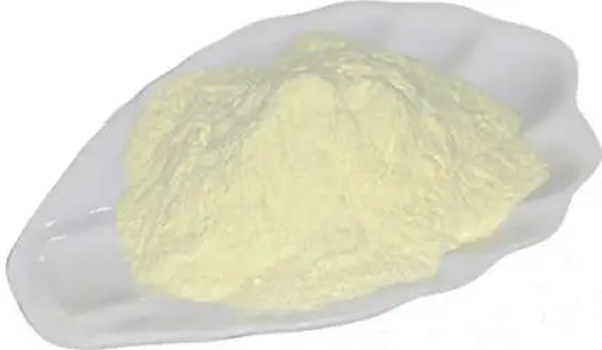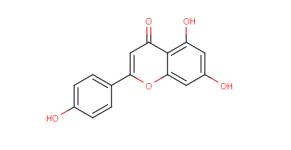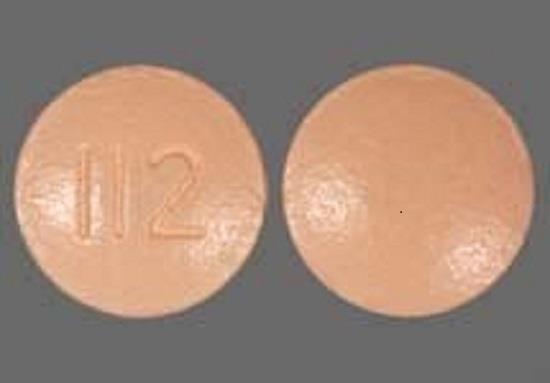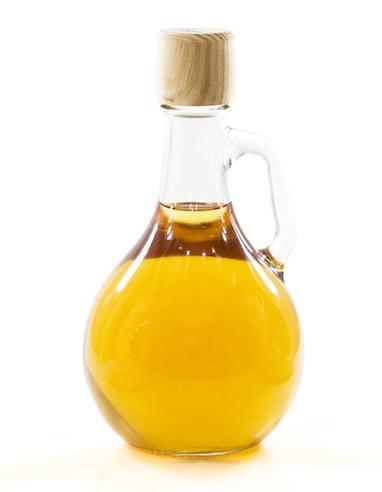Apigenin: a promising natural compound with numerous health benefits
![Article illustration]()
![Article illustration]() General Description
General Description
Apigenin is a naturally occurring flavone that belongs to the class of compounds called flavonoids. It can be found in many plants, including parsley, chamomile, and celery. Research has shown that Apigenin has several health benefits, including anti-inflammatory and antioxidant properties. It is also believed to have potential in cancer prevention and treatment due to its ability to inhibit the growth of cancer cells. Additionally, Apigenin has anxiolytic effects and may help with anxiety and depression by affecting certain neurotransmitters in the brain. It has also been studied for its potential use in treating neurological disorders such as Alzheimer's disease. Overall, Apigenin is a promising natural compound with numerous potential health benefits.
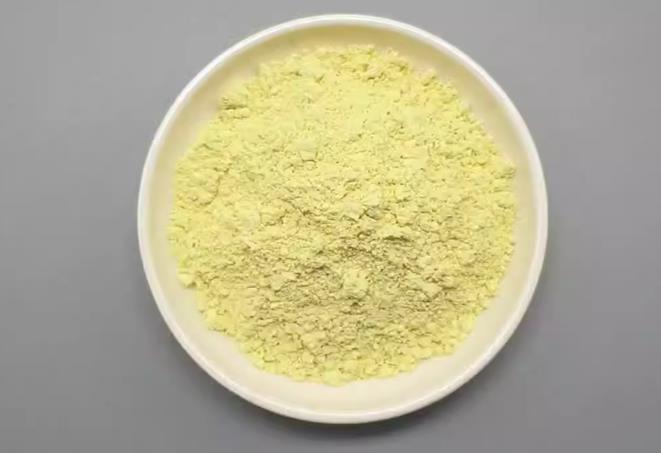
Figure 1. Properties of apigenin
Pharmacokinetics
Absorption
According to the Biopharmaceutics Classification System, apigenin is a class II drug with high intestinal membrane permeability and poor solubility. In the rat intestinal model, apigenin is rapidly absorbed in the whole intestine with the main absorption site at duodenum and apigenin was transported by both passive and active carrier-mediated saturable mechanism in the duodenum and jejunum, but primarily passive transport mechanism in ileum and colon. 1
Distribution
Apigenin can be found in human RBC, which might play a pivotal role in the distribution and bioavailability of circulating flavonoids. 2
Metabolism
Conjugation reactions, including glucuronidation and sulfation, are the essential phase II metabolic pathways of apigenin, and extensive metabolism of apigenin is the main reason for its poor bioavailability. Glucuronidation reactions can occur in the intestine and liver, and intestinal disposition may be more important than hepatic disposition in the first-pass metabolism of apigenin. Gastrointestinal tract plays a significant role in the metabolism and conjugation of apigenin before entry into the systemic circulation and the liver. 3
Excretion
Apigenin is excreted mainly in the urine after oral administration. After a single oral dose of apigenin, 51.0% and 12.0% of apigenin were detected in urine and feces. 4
Neuroprotective activity
Effect in depression
The antidepressant-like effects of apigenin has been reported by different authors. For example, Nakazawa and colleagues found that treatment with apigenin decreased forced swim test-caused reduce of dopamine turnover in the amygdala and increase of dopamine turnover in the hypothalamus. 5 Similarly, Yi and colleagues reported that apigenin restored the abnormality in central monoaminergic neurotransmitter, the hypothalamic-pituitary-adrenal axis, and adenylyl cyclase activity systems in the chronic mild stress depressed rats. 6
Parkinson's disease
The increase of oxidative stress has been associated with age-related neurodegenerative diseases including PD. In a transgenic Drosophila model of PD exposed to apigenin, Siddique and Jyoti reported an extend in lifespan, glutathione, and dopamine as well as a decrease too many as well as decreasing of glutathione-S-transferase activity, lipid peroxidation, monoamine oxidase, caspase-3, as well as caspase-9 activity. 7
Alzheimer's disease
Several reports have studied the potential therapeutical role of apigenin in PD. For example, API treatment in microglia cell exposed to LPS through a mechanisms involving decreased the levels of nitric oxide, prostaglandin E2, p38 and JNK phosphorylation decreased neuronal cell death via suppression of microglia cell. This potent antioxidant and anti-inflammatory effects of apigenin may be responsible of finding reported in GFAP-IL6 mouse model of chronic neuroinflammation. The finding included improvement of the spatial reference working memory and decreased microglia activation in the cerebellum and in the hippocampus. 8
Anticancer activity
Apigenin is an edible plant-derived flavonoid that has been reported as an anticancer agent in several experimental and biological studies. It exhibits cell growth arrest and apoptosis in different types of tumors such as breast, lung, liver, skin, blood, colon, prostate, pancreatic, cervical, oral, and stomach, by modulating several signaling pathways. Apigenin induces apoptosis by the activation of extrinsic caspase-dependent pathway by upregulating the mRNA expressions of caspase-3, caspase-8, and TNF-α. 9
Dermatological applications
Preclinical studies support beneficial effects of apigenin on UV-induced skin damage, vitiligo, dermatitis, wounds, skin aging, and some types of skin cancer. The compound mostly acts via inhibition of inflammation through suppression of pro-inflammatory cytokines and intracellular inflammatory mediators, as well as antioxidant properties such as improvement of endogenous antioxidant defense mechanisms. 10
Reference
1. Zhang J, Liu D, Huang Y, Gao Y, Qian S. Biopharmaceutics classification and intestinal absorption study of apigenin. Int J Pharm, 2012, 436(1-2):311-317.
2. Meyer H, Bolarinwa A, Wolfram G, Linseisen J. Bioavailability of apigenin from apiin-rich parsley in humans. Ann Nutr Metab, 2006, 50(3):167-172.
3. Gradolatto A, Basly JP, Berges R, et al. Pharmacokinetics and metabolism of apigenin in female and male rats after a single oral administration. Drug Metab Dispos, 2005, 33(1):49-54.
4. Tang L, Zhou J, Yang CH, Xia BJ, Hu M, Liu ZQ. Systematic studies of sulfation and glucuronidation of 12 flavonoids in the mouse liver S9 fraction reveal both unique and shared positional preferences. J Agric Food Chem, 2012, 60(12):3223-3233.
5. Kapur S, Roy P, Daskalakis J, Remington G, Zipursky R. Increased dopamine D2 receptor occupancy elevated prolactin level associated with addition of haloperidol to clozapine. Am J Psychiatry, 2001, 158(2):311-314.
6. Yi L-, Li J-, Li Y-, Pan Y, Xu Q, Kong L-. Antidepressant-like behavioral and neurochemical effects of the citrus-associated chemical apigenin. Life Sci, 2008, 82(13-14):741-751.
7. Siddique YH, Jyoti S. Alteration in biochemical parameters in the brain of transgenic Drosophila melanogaster model of Parkinson's disease exposed to apigenin. Integr Med Res, 2017, 6(3):245-253.
8. Liang H, Sonego S, Gyengesi E, et al. Anti-inflammatory and neuroprotective effect of apigenin: studies in the GFAP-IL6 mouse model of chronic neuroinflammation. Free Radical Biology and Medicine, 2017, 108:S10.
9. Imran M, Gondal TA, Atif M, et al. Apigenin as an anticancer agent. Phytotherapy research, 2020, 8:34.
10. Majma Sanaye P, Mojaveri MR, Ahmadian R, Sabet Jahromi M, Bahramsoltani R. Apigenin and its dermatological applications: A comprehensive review. Phytochemistry, 2022, 203:113390.
Related articles And Qustion
See also
Lastest Price from Apigenin manufacturers
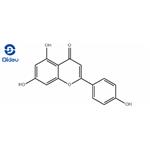
US $0.00-0.00/KG2025-11-21
- CAS:
- 520-36-5
- Min. Order:
- 1KG
- Purity:
- 98
- Supply Ability:
- 10000KGS
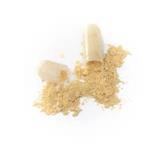
US $1200.00-1100.00/ton2025-09-29
- CAS:
- 520-36-5
- Min. Order:
- 1ton
- Purity:
- 99%
- Supply Ability:
- 1000T/M
